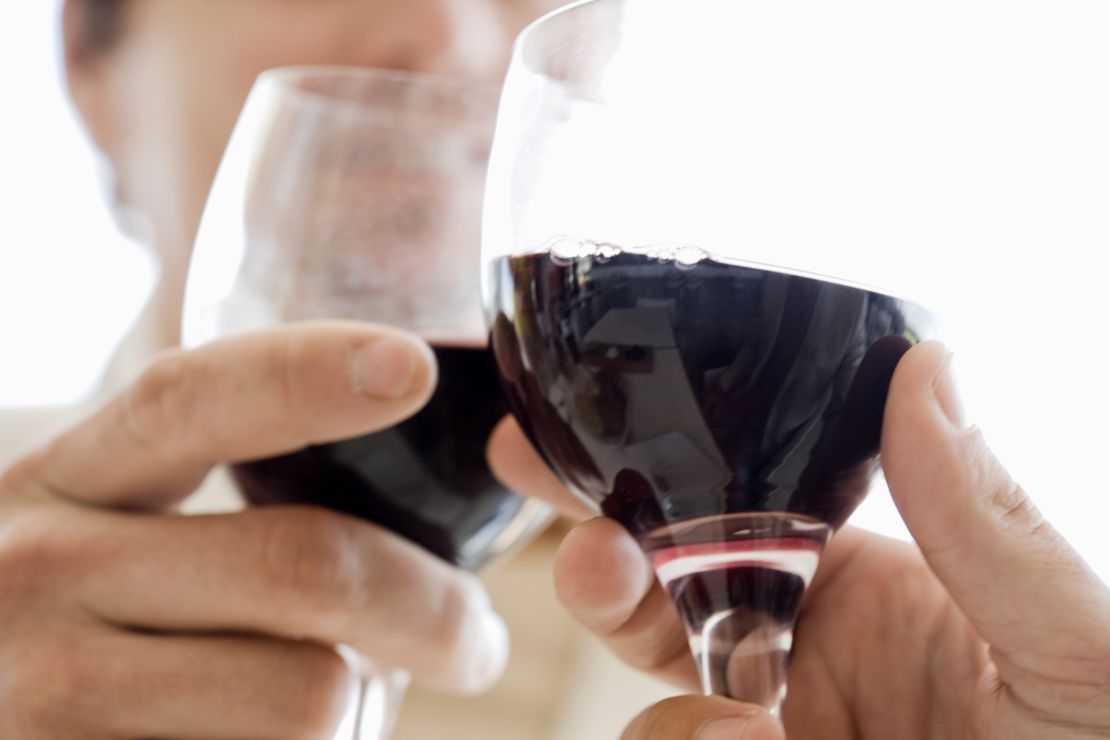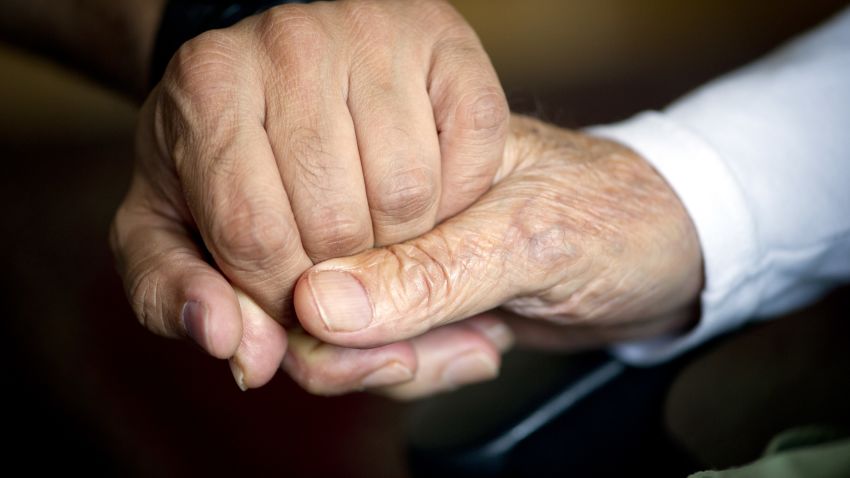Editor’s Note: Tom Chivers is a science writer who has worked at BuzzFeed and the Daily Telegraph newspaper. The opinions in this article belong to the author.
Story highlights
What this doesn't mean, though, is that if you don't drink, you ought to start drinking for the sake of your future brain.
According to a major new study in the British Medical Journal, people who drink heavily are more likely to get dementia. That’s not surprising – we know that excessive alcohol use is linked to lots of diseases. But what might surprise you is that people who don’t drink at all are also more likely to get dementia.
Considerably so, in fact. The study – which took 9,000 British people between the ages of 35 and 55 in the mid-1980s and followed them for 30 years – found that people who didn’t drink at all for a period of 10 years or more were almost 50% more likely to develop dementia in later life than people who drank a moderate amount.
People who drank excessively – more than the recommended 14 units a week – were also at higher risk.
This finding is called a “J-shaped curve,” because the risk dips at first, as you drink more, and then starts to climb again, in the shape of a J, or a tick.
Earlier studies have found the same thing, and it’s actually been seen in other conditions. Heart disease, strokes and diabetes all show a similar pattern (if you don’t drink, you’re at higher risk; if you drink a bit, it drops, and then it climbs again). So does overall mortality, your risk of dying in a given period.
Related: Alcohol – Do you drink too much?
What this doesn’t mean, though, is that if you don’t drink, you ought to start drinking for the sake of your future brain.
For one thing, while a 50% increased risk sounds bad, it’s worth putting into context.
Only about 400 of the study’s participants – a bit less than 5% – actually developed dementia. Of the 1,300 long-term abstainers, 98 people (7.5%) developed dementia. The risk is indeed 50% higher, but 150% of a small number is still fairly small.
Second, it’s far from clear that abstaining from alcohol actually causes the dementia – or, more accurately, it’s not clear that alcohol has a protective effect. That’s because, in British society at least, people who don’t drink at all are quite unusual.
You can see that in the study. People in the “abstainers” group are more likely to be non-white, less likely to have higher educational certificates, more likely to live alone.
Those groups may be more prone to dementia naturally. The study tries to account for those differences with statistical methods, but that’s tricky. “Although the model they use tries to take account of these differences,” says Dr Suzi Gage, a psychologist and epidemiologist at the University of Liverpool. But you can never be sure “first that all the differences are included, and second that the measures you’re using capture all those differences.”

For instance, she says, the reason some people don’t drink is because they have been told not to by their GP, for health reasons. “It’s one of the first things doctors tell you,” she says, if you’ve been diagnosed with heart problems.
If you’ve got lots of people who have underlying health conditions in the abstainers group, it wouldn’t be surprising if they tended to get dementia (and stroke, and heart disease) more often. Some heavy drinkers become abstainers, too.
The study’s authors are aware of all these limitations, and were careful not to say that alcohol protects against dementia, although they do think it might. It’s not clear exactly how that might work, biologically – the study suggests some possibilities, but, Dr Gage warns, “you can come up with plausible mechanisms for almost any finding”. “It could be that a small amount of alcohol is protective,” she says. “But I’m not convinced.” Other scientists think there is a protective effect, but it is an ongoing debate, and it seems unlikely that it is as big as the 50% increase in risk that we talked about earlier.
At the moment, the advice for British people is to drink less than 14 units – about seven pints of beer or glasses of wine – a week, spread over several days. This study supports that advice. But, as it says itself, it shouldn’t “motivate people who do not drink to start drinking, given the known detrimental effects of alcohol consumption.”
Starting to drink for the benefit of your health is probably still a bad idea.



